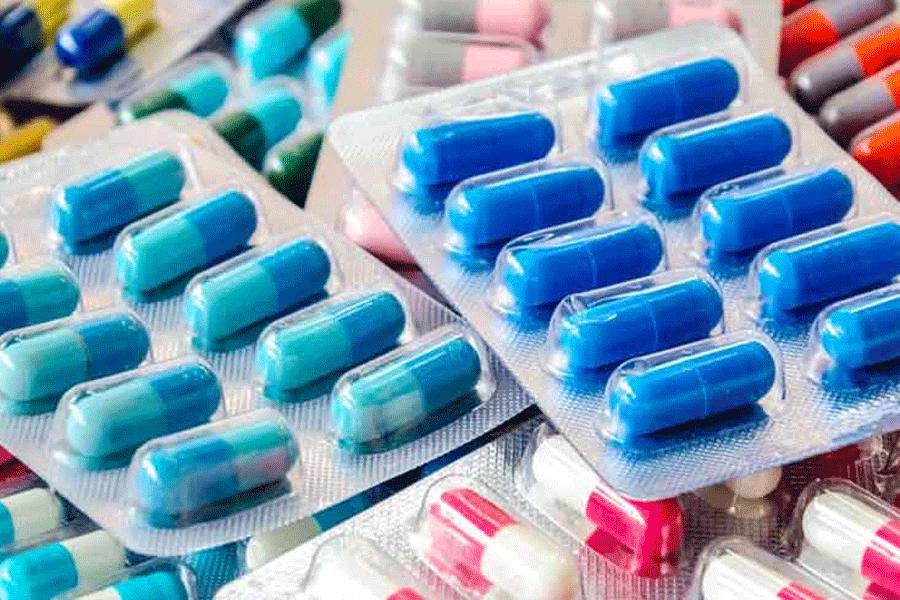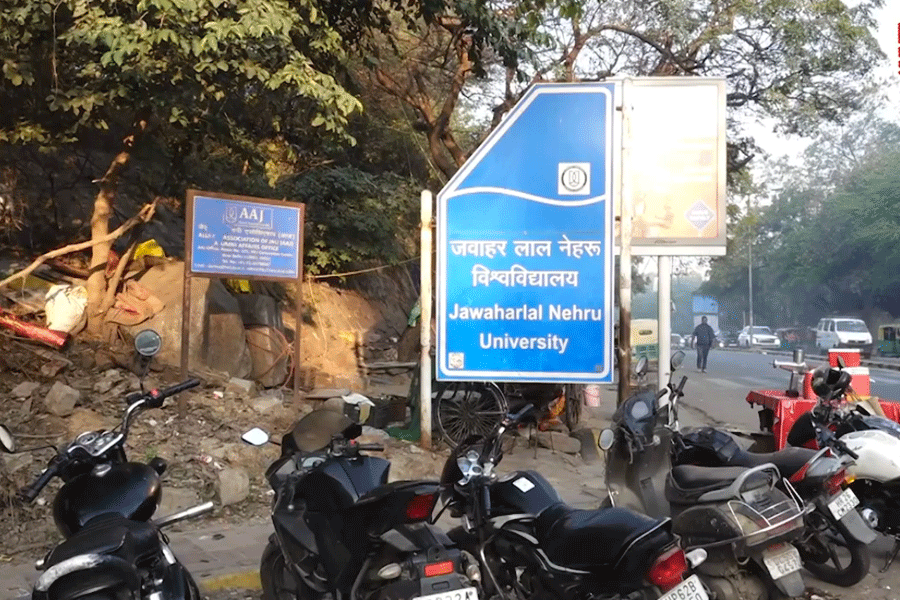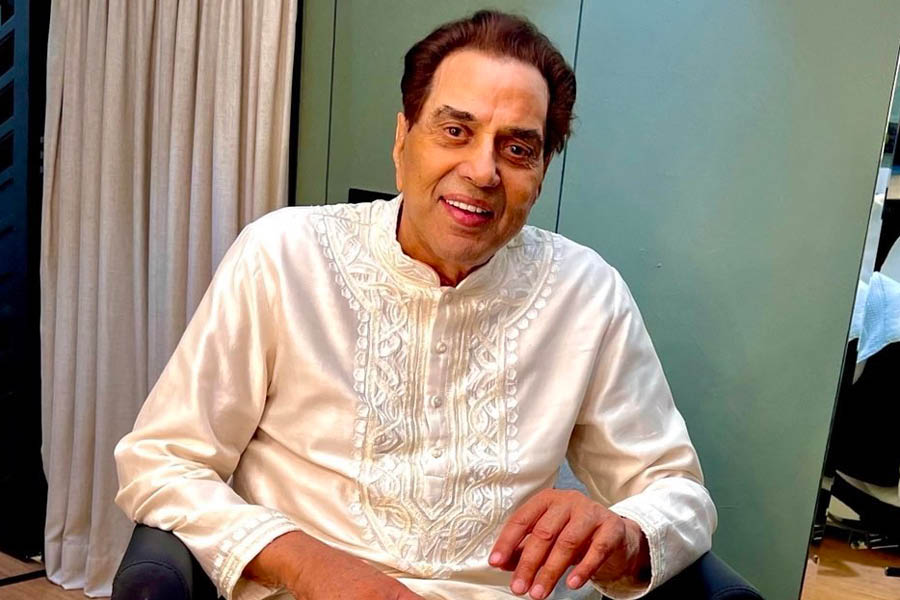India’s $9.8-billion pharma exports to the US are unlikely to take a major hit from President Donald Trump’s proposed tariff from October 1 because of Indian companies’ focus on generic drugs, but experts have advised a wait for the fine print.
Trump on Friday announced on social media a 100 per cent duty on any branded or patented pharma import unless the company is building a manufacturing plant in the US, adding another chapter to his tariff war that has upended global trade.
Indian industry was quick to underline that the proposal would not impact generic drugs — cheaper versions of off-patent medicines that domestic players are good at manufacturing.
“The executive order refers to patented/ branded products supplied to the US. It is not applicable to generic medicines,” Sudarshan Jain, secretary-general of the Indian Pharmaceutical Association (IPA), said.
The IPA, whose members account for 80 per cent of India’s drug and pharma exports, however, declined to hazard a guess whether there would be any impact at all.
Many Indian pharma outfits specialise in manufacturing off-patent products by reverse engineering, and sell them to the US at a fraction of their branded counterparts’ prices.
Ajay Srivastava, founder of the Global Trade Research Initiative, cautioned that there was a grey area relating to the meaning of “branded” under Trump’s tariff policy.
“The biggest uncertainty for India lies in the definition of ‘branded’ under the new tariff policy. India exports both branded and unbranded generics to the US,” Srivastava said in a note.
“Branded generics are common — generic molecules sold under brand names. For instance, paracetamol may be exported as a bulk drug or in tablet form under a brand like Crocin.”
If US authorities treat such branded generics as “branded imports”, such exportscould be subject to the 100 per cent tariff even though they are off-patent, Srivastava warned.
India’s US shipments include antibiotics, vitamins, and anti-diabetic and cardiovascular drugs — mostly off-patent formulations -- in the form of tablets, capsules and injectables.
The US accounts for 39.8 per cent of India’s total pharma exports, the bulk of it coming from companies such as Zydus, Dr Reddy’s, Lupin, Aurobindo, Sun, Cipla and Hetero.
The shares of many of these companies tumbled in the stock market on Friday and, along with the falling IT stocks, dragged the Sensex down by 733 points.
Wockhardt shares crashed by 9.4 per cent while Indoco Remedies, Zydus Lifesciences, Sun Pharma and Natco Pharma were down between 4 and 2 per cent. IT stocks are still reeling under the shock of the H-1B visa fee hike imposed by Trump last week.
Anuj Sethi, senior director with Crisil Ratings, said some domestic formulation makers have a niche presence in the branded and patented drugs space although their contribution to the overall pie is limited.
“Given the largely non-discretionary nature of these products (since a patient must buy the prescribed medicines), the majority of the tariff cost is likely to be passed through (to the consumer),” he said.
“Some of these domestic companies also have manufacturing facilities in the US, which would make them exempt from the new levies.”
Deepak Jotwani, vice-president and sector head, corporate ratings, ICRA, too argued that the tariff would not have any immediate material impact on the Indian pharma industry. But he stressed the need to diversify the export basket.
“Overall, this move by the US underscores the need for Indian pharma companies to diversify markets, and innovate in complex generics and biosimilars to stay resilient in a changing global trade landscape,” Jotwani said
Namit Joshi, chairman of pharma export council Pharmexcil, underscored India’s importance to the US market. He said India supplied nearly 47 per cent of America’s pharmaceutical requirements.










